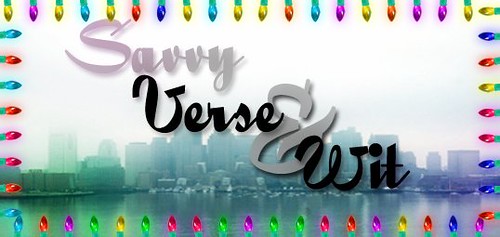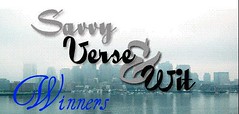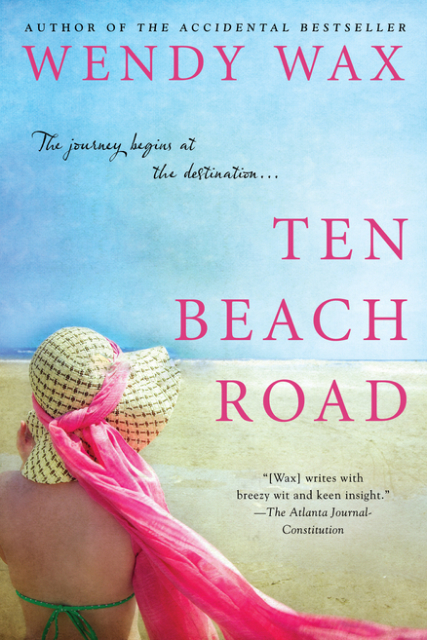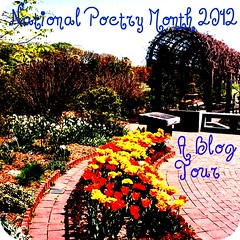I’m sure all of you have either completed or have nearly completed your holiday shopping, but I wanted to recommend a couple of poetry books for the readers on your lists. These books are accessible and could widen the scope of reading of your loved ones and maybe even yourself.
Wild Place by Erica Goss is a stunning chapbook collection that visually renders the wildness within ourselves through a series of images stick with you long after you read the verse. One look at that cover can tell you the kind of raw power Goss uses in her poetry to explore how humanity can impair nature, but she also talks a little bit about history, particularly in her poems about Berlin, and the hardships of emigrating to another country. In my review, I said, “Wild and untamed, the verse sings the beauty in the blame as humanity encroaches on nature, sometimes leading to its destruction and at other times unveiling the beauty beneath the scars.”
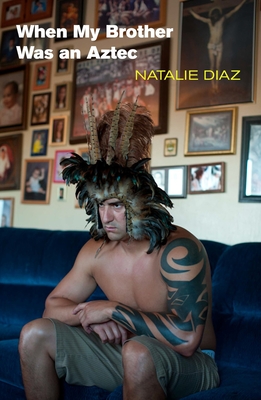
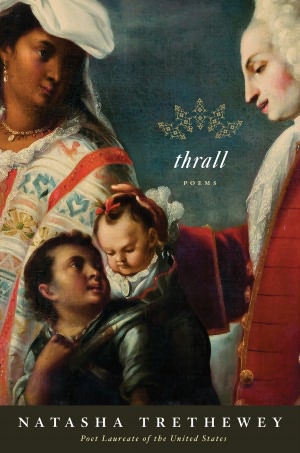
I hope that you’ll consider these collections as you do your holiday shopping and have a great holiday, everyone.
